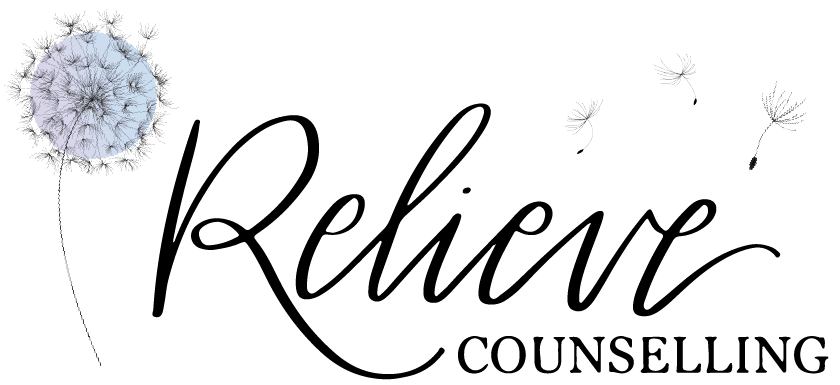In a world that often moves at breakneck speed, taking the time for self-care is crucial to our well-being. However, self-care is not a one-size-fits-all approach, and it’s important to consider the impact of attachment and trauma in shaping our relationship with self-care. At Relieve Counselling, we approach self-care through an attachment and trauma-informed lens, understanding that our early experiences and past traumas can significantly influence our self-care needs and practices. In this blog, we’ll explore the concept of self-care from an attachment-informed and trauma-informed perspective and provide practical tools to nurture a healthier relationship with yourself.
Understanding Attachment and Trauma
Attachment theory, as developed by John Bowlby, provides us with insights into how early relationships with caregivers shape our emotional well-being and self-perception. Secure attachments tend to lead to healthy self-esteem and the ability to form trusting and meaningful connections, while insecure attachments may result in challenges related to self-worth and relationships.
Trauma, on the other hand, refers to adverse experiences that overwhelm an individual’s capacity to cope. Trauma can stem from various sources, including childhood abuse, accidents, war, or other distressing events. Trauma can disrupt one’s sense of safety, trust, and emotional regulation.
- Self-Compassion: A Foundation for Healing
At Relieve Counselling, we understand that the journey of self-care informed by attachment and trauma begins with self-compassion. Dr. Kristin Neff, a leading researcher in self-compassion, identifies three key components:
- Self-kindness: Treat yourself with the same kindness and understanding that you would offer a friend. Be patient and nurturing when you make mistakes or experience pain.
- Common humanity: Recognize that suffering is part of the human experience. You are not alone in your struggles. This understanding can help you feel more connected to others.
- Mindfulness: Practice being present with your emotions without judgment. Acknowledge your feelings and allow them to flow without resistance.
1. Establishing Safe Boundaries
For those with attachment or trauma histories, setting and maintaining healthy boundaries is essential. Often, these individuals have experienced boundary violations in the past. Self-care, in this context, involves setting clear boundaries to protect your emotional and physical well-being. This can mean saying “no” when needed, asserting your needs, and seeking support from trusted individuals.
2. Building a Support Network
At Relieve Counselling, we recognize the significance of secure relationships in self-care. Surrounding yourself with supportive, understanding individuals can be a significant part of your self-care journey. Seek out friends, family, or therapists who can offer the support and validation you need.
3. Healing through Therapy
Attachment and trauma-informed therapy can be a valuable tool for self-care. Therapists at Relieve Counselling, trained in these approaches, can help you explore your attachment history, process trauma, and develop healthier coping strategies. They provide a safe and empathetic space to work through your emotional wounds.
4. Self-Care Practices
Incorporate various self-care practices into your daily life. These can include mindfulness meditation, exercise, creative expression, journaling, and relaxation techniques. These practices help regulate your emotions and build resilience.
5. Mindful Self-Reflection
Regular self-reflection is a critical part of attachment and trauma-informed self-care. Delve into your past and explore how your early attachments and traumatic experiences have shaped your beliefs and behaviours. By understanding the root causes of your challenges, you can work on rewriting the narrative and fostering healing.
Self-care is a journey that becomes even more meaningful when approached through an attachment and trauma-informed perspective. At Relieve Counselling, we recognize the importance of self-compassion, setting healthy boundaries, building a support network, and seeking therapy when needed. Regular self-care practices and mindful self-reflection are vital components of this journey.
Embrace your uniqueness and be patient with yourself as you work towards a healthier, more secure attachment to yourself. By practicing self-care from this informed perspective, you can learn to nurture and protect the most important relationship in your life – the one you have with yourself.

